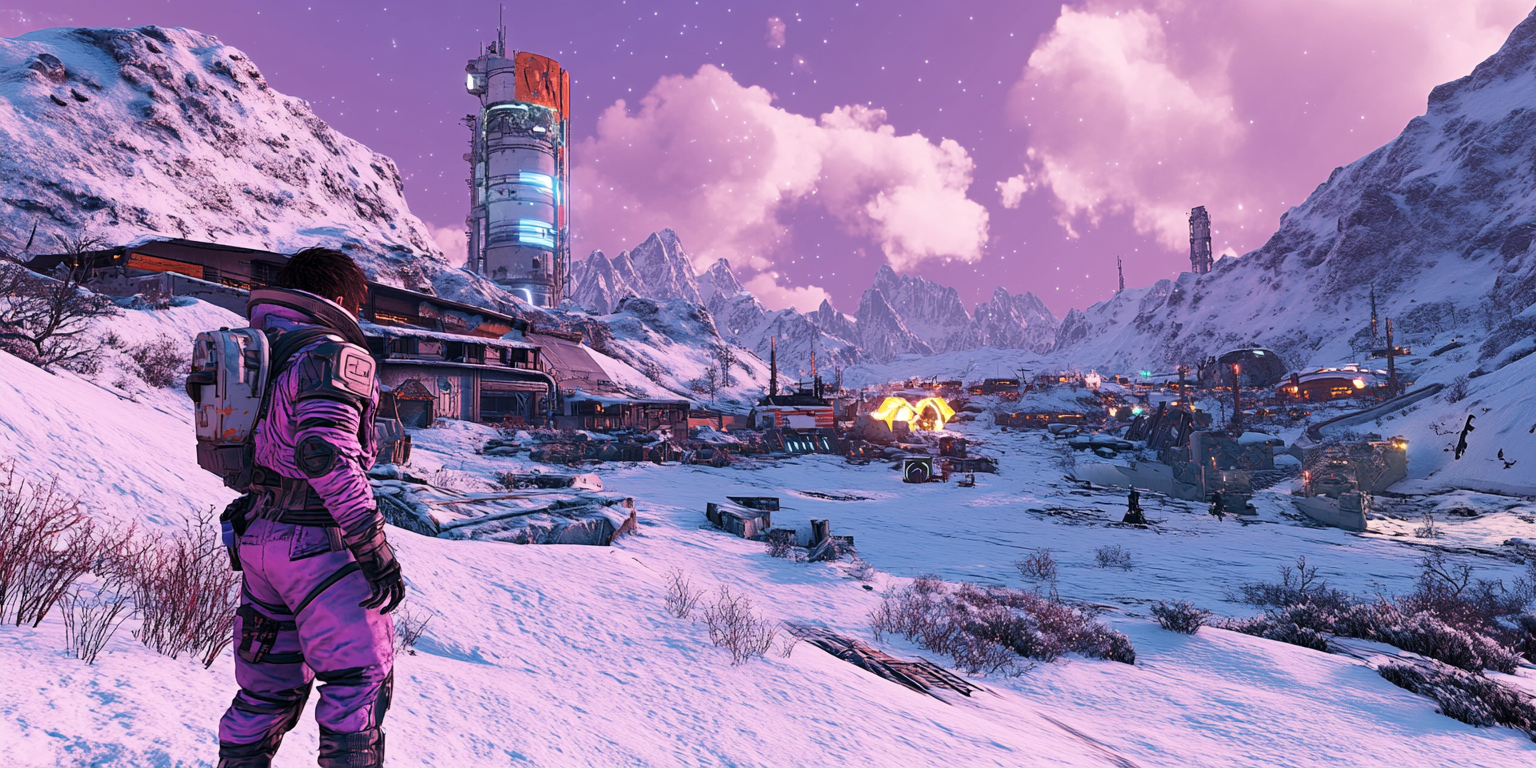Frozen Horizon

The air recyclers hummed their familiar drone as I packed my meager belongings. Bunker 42 had been home for ten years—since the bombs fell and the world turned to ash and ice.
“You’re insane, David,” Supervisor Liu said from my doorway. “Nobody survives topside.”
I secured my thermal suit. “The transmission was clear. There’s a settlement in the former New Zealand. The radiation’s manageable there.”
“It’s a trap. The council voted unanimously—we stay put.”
I’d expected this. The bunker’s hierarchy thrived on fear and control. Three hundred souls, surviving on recycled everything, never questioning if there might be something more.
“I’ve made my decision,” I said. The truth was simpler—I had nothing left to lose. My wife died during the evacuation chaos, and our daughter had been in another transport. Declared missing, presumed dead.
That night, I bypassed the security protocols I’d helped design. The irony wasn’t lost on me—our head of cybersecurity becoming the first deserter.
The outer door’s seal broke with a hiss. Cold like I’d never imagined rushed in, stealing my breath despite the suit. The landscape was alien—snow-covered ruins of what had once been southern China.
My modified Geiger counter ticked steadily. The transmission coordinates were programmed into my nav system—south, across the frozen South China Sea. With my makeshift ice-sailer, I set off, following the prevailing winds.
Days blurred together. I rigged a sail to my sled, letting the polar winds push me across vast stretches of frozen ocean. When the winds died, I anchored and waited, sometimes for days.
By the sixtieth day, I reached New Zealand’s coast. I found not the high-tech settlement I’d expected, but a modest community built into a mountain. Geothermal heat kept the worst of the cold at bay.
A small group met me at their perimeter. I removed my helmet, raising my hands.
“I received your transmission,” I said. “From Bunker 42 in southern China.”
They led me to the council chamber—a larger cave warmed by geothermal vents. Three people sat at a table.
“State your name and origin,” said an older man.
“David Chen, former head of cybersecurity, Bunker 42, Hainan Province.”
A sharp intake of breath from my right. I turned to see a young woman, her clipboard fallen to the floor, her face pale as if seeing a ghost.
“Dad?” she whispered.
The world stopped. Those eyes—I’d know them anywhere.
“Ellie?” My voice broke. “But they said your transport was lost.”
She shook her head, tears streaming down her face. “They told me you died in the bunker collapse.”
I stood on shaking legs, and she ran to me. Ten years of grief dissolved as we embraced.
Later, she explained. “They separated families during the evacuation. Different stories for different transports. Population control.”
“I never would have stopped looking if I’d known,” I said.
“I know.” She smiled—her mother’s smile. “But you found me anyway.”
That night, we stood under stars I hadn’t seen in a decade. In the distance, patches of green pushed through the snow—life returning. We had found each other across an impossible distance. Others would follow. It wasn’t the end of the world after all—just the painful birth of a new one.